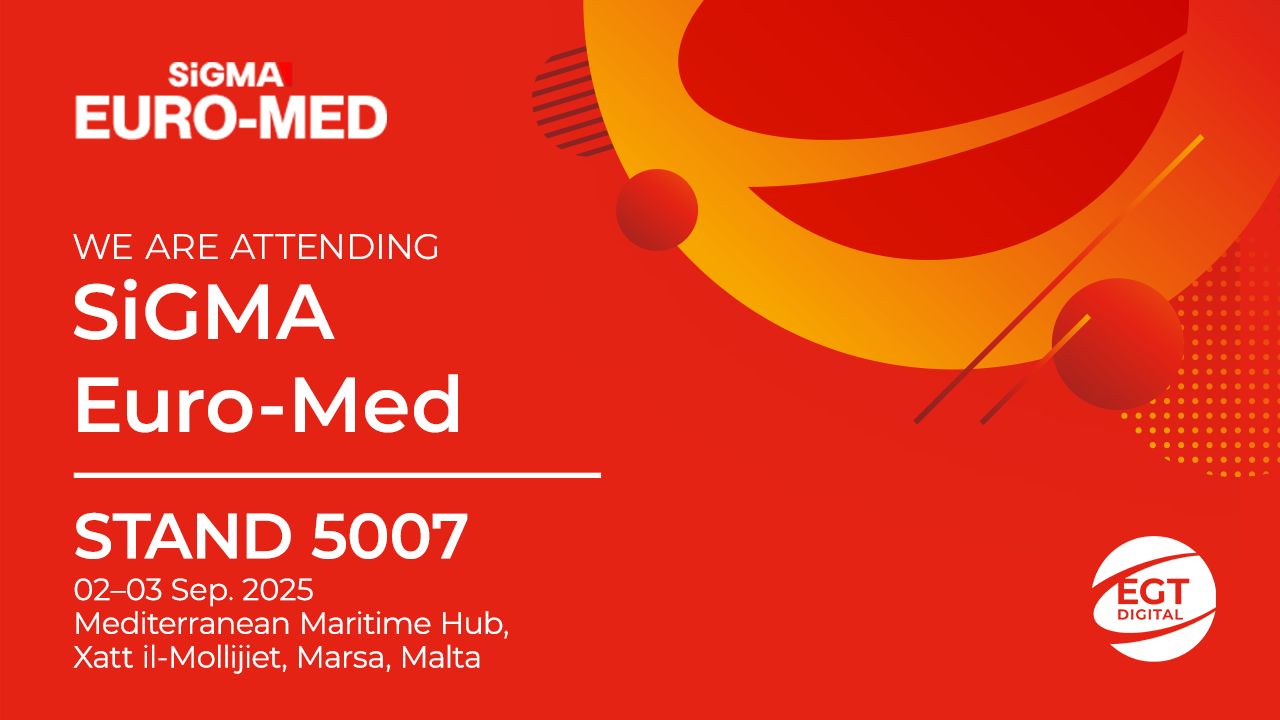Latest News
The Most Regulated Gambling Countries in Europe

Gambling is a pastime almost as old as human history. From Ancient China to Renaissance Italy and head-spinning Las Vegas, the fact is that gambling never gets old. Especially now, in a world more connected than ever before, gambling continues to grow in popularity. And thanks to technology, we no longer need to travel to enjoy a game of roulette.
Recent numbers show how popular gambling is today. About 25% of the world’s population gamble regularly, while approximately 4.2 billion people gamble occasionally. Because gambling has become an undeniable market force, many countries have adapted their laws to the new reality. Let’s look at how European countries are dealing with this issue.
Learning How to Play
The EU Commission has been trying to regulate the gambling market for a while. Between 2012 and 2018, it tried to create a common legal frame for the activity in the block. The efforts amounted to little, as no common ground was created for the industry in the region.
While the sector is waiting for more assertive and effective laws, gambling has been regulated locally. Unsurprisingly, this situation has created a swamp of conflicting or redundant laws.
Check below some of the most tightly regulated countries in Europe.
Poland
Poland is one of the largest gambling markets in Eastern Europe. The sector registered a EUR five billion revenue in 2020, staying well ahead of Croatia and Russia.
Still, all land-based and online casinos or sportsbooks in Poland are state-owned and managed by a company named Totalizator Sportowy. Polish players must resort to offshore platforms for any other option. Luckily for them, there are plenty of trustworthy Polish online casinos abroad.
Norway
Like in Poland, gambling activities are tightly regulated in Norway and controlled by a state monopoly. Here, Norsk Tipping and Norsk Rikstoto oversee online casinos, sportsbooks, and lottery.
The government tried to shut operations between national banks and foreign casinos in 2010 with the Payment Act. However, this act only imposes restrictions on debit and credit accounts. E-wallets and cryptocurrencies were left out of the ban, and many Norwegian players gamble abroad using VPNs.
Italy
Italy is the birthplace of land-based casinos. The first one in history, the Casinò di Venezia, was established during the 17th century. Italy is now the second-largest gambling market in Europe. However, lawmakers were reluctant to admit offshore casinos into the mix, leading to a round of sanctions from the EU Commission.
The Abruzzo Decree, from 2009, has finally opened the doors for such operators. It has also laid the ground rules for all casinos operators. Every casino, land-based or online, must purchase licences and renew them regularly. Also, they must be completely transparent regarding fair play practises, payments, and security. Taxation applies to operators and gamblers.
Spain
Spain has one of the most advanced gambling laws in the block. Land-based casinos have always been allowed in the country. Yet, online casinos in Spain were regulated only in 2015. The new laws were very comprehensive, allowing both local and offshore platforms to operate in the country.
These laws include a 25% taxation on all operators. Gamblers must also declare their winnings and pay taxes for them, depending on how the winnings were made. Taxation may vary between 15% and 30% for punters.
Summarising

Markets like Spain and Italy took a more open approach, welcoming offshore casinos and allowing them home. Other countries took a very restrictive approach, only allowing state-owned operations and fighting problem gamble. Yet, there’s no country in the continent banning gambling altogether. On the contrary, there’s a rising trend of liberalisation of this market in the region.
-

 Africa5 days ago
Africa5 days agoQTech Games wins Best Innovation of the Year at the 2025 SBWA+ Eventus Awards
-

 Asia5 days ago
Asia5 days agoNODWIN Gaming and JioStar Unveil OnePlus Android BGMS Season 4
-

 Latest News5 days ago
Latest News5 days agoVindral appoints Henrik Fagerlund as Chairman of the Board
-

 Latest News5 days ago
Latest News5 days agoCalema to Perform at Legends Charity Game in Lisbon
-

 Conferences in Europe5 days ago
Conferences in Europe5 days agoEGT Digital and EGT to rock the show at SiGMA Euro-Med 2025
-

 Latest News5 days ago
Latest News5 days agoPush Gaming redefines its portfolio, unveiling new game categories and sub-brand for extended player reach
-

 Affiliate Industry5 days ago
Affiliate Industry5 days agoNikita Lukanenoks Brings Slotsjudge Into Spotlight With Affiliate Leaders Awards 2025 Nomination
-

 Latest News5 days ago
Latest News5 days agoThunderkick returns for an even fierier fiesta in Carnival Queen 2
























